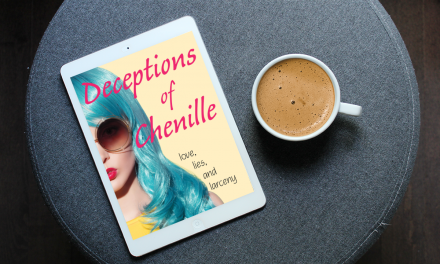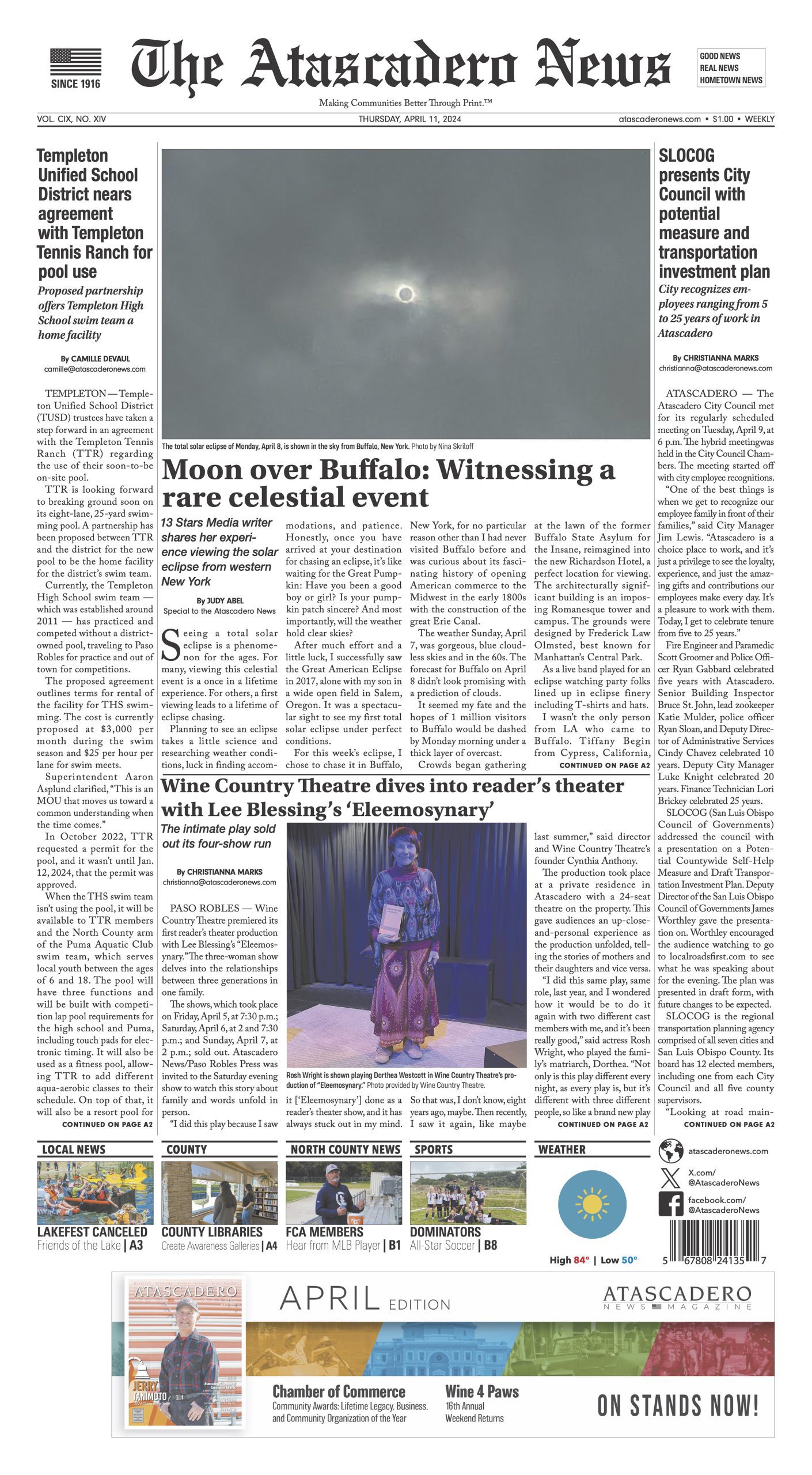For a brief moment at 0200 hours on June 6, 1944, Paratrooper Chester “Chet” Pickard looked out over an expanse bathed in moonlight as the wind rushed around him and artillery lit the sky. At 19 years of age, Chet took one fateful leap into the clean night air over Normandy and plummeted into the annals of history.
“In Normandy, it was like the Fourth of July just seeing all those gun flashes, oh yeah, and seeing all that artillery fire. It was like being in a movie. Yeah, that was something,” said the 95-year-old Atascadero resident. He added that it was a beautiful night, “the moon shone like the sun.”
Chet’s regiment, the 508th Parachute Infantry was formed on Oct. 1942 and saw combat for almost the entire duration of the war. The 82nd Airborne Division was an integral part of the Normandy Invasion, Operation Neptune. Over 10,000 U.S. troops fell from the skies to wrest supply bridges and causeways from enemy forces as the frontal assault was carried out on the beaches.
Chet recalled the long walk in the darkness to regroup with his brothers in arms. He said the silence that welcomed him was unsettling.
“When I landed,” Chet said, “I think it was an hour before I ran into anybody else. There was nobody else around, not a single soul. And you think that ain’t a lonely feeling.”
He said he originally followed protocol and kept to the bushes to remain hidden, but quickly gave up on it.
“Ever try to be quiet going through a hedgerow? I went through a few of those and said, ‘to [heck] with this noise, and started walking down the road.”
The vet’s one-liners and humorous observations denote his keen mind after all these years. When asked why he joined the military he said it was a choice between joining and being drafted and as far as why he chose to jump out of a perfectly good airplane, he said the pay was better. Paratroopers earned an additional $50 a month, which equates to $730 in today’s market. He explained that the Army wanted him to stay as a trainer instead of going to Europe, but he told them the pay was too good to pass up.
Chet displayed a picture of his friends in uniform as they celebrated Christmas in France. The youngest in the group of vets, he hardly looks the type to participate in one of the largest frontal assaults in the war.
On his 20th birthday, Chet parachuted into Holland during Operation Market Garden. In “honor” of his birthday, they let him jump first.
“[Holland] was the best jump we ever made,” Chet said. “They weren’t even shooting at us.”
He said the Dutch treated them as heroes. He told a story of how one trooper picked up some eggs that were phonies, called ‘nest eggs’ that are used to train chickens where to lay eggs.
“He put them in his welded cap — I bet we carried those for two hours!” he said.
When they stopped by another ranch to ask for eggs, the lady just laughed at the eggs and said she could do better and brought the soldiers two chickens.
“We said, ‘what are we suppose to do with two live chickens? She said, ‘How are you going to win the war if you can’t kill two chickens!”
Chet was awarded the purple heart when his right shoulder was clipped by a piece of shrapnel. He took the first Jeep he could find and drove himself to a medic MASH unit (Mobile Army Surgical Hospital) and thought the injury was his ticket out of the war.
“I remember that because I kept thinking, ‘Oh boy, now I get to go to England and have this big operation,” Chet said. He laughed, recalling that the medic sutured him in no time flat and sent him back to the battlefront.
Chet focused on the lighter events during the interview, though he briefly mentioned darker experiences. He spoke of how he watched a German surrender and was looted of valuables by allied soldiers.
“I was in a foxhole and a German come out and gave himself up and I just turned him over to the other guys,” Chet said. “I hate to say this, but the guys that I turned him over to they acted like a bunch of vultures… I couldn’t believe it.”
He also remembered how England’s welcome grew cold once the war was over because the US troops made so much more money than the British soldiers and it was hurting the local economy.
Of course, mere words cannot properly express the insanity that is war, especially not words from a writer that has never seen combat. At one point in the interview, Chet said, “Let’s just say war is hell. There’s no fun in it at all,” and then he added, “I shouldn’t say that — when you go on furlough
it was fun.”









